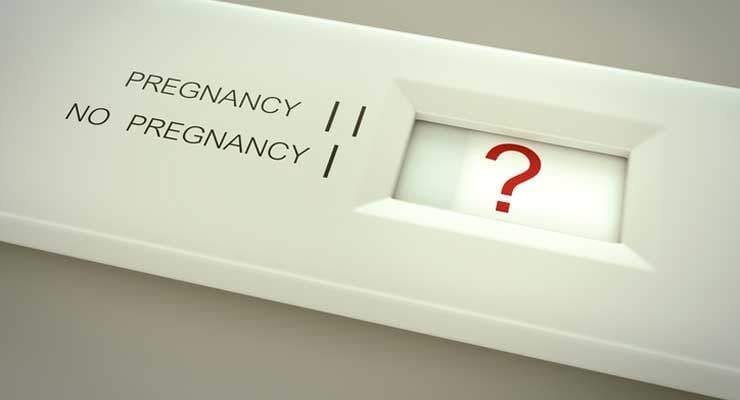Like many women, you may be waiting for the best time to get pregnant. Birth control methods help prevent unplanned pregnancies. The birth control pill, a method used by many women, works by altering your hormones. Like condoms, spermicidal creams and diaphragms, this temporary method of birth control allows women to decide when they want to become pregnant. Knowing how long the hormones can affect your fertility will help you plan when to stop taking this form of birth control.
How the Pill Works
While barrier methods of birth control work by keeping the sperm from reaching the egg, birth control pills work by inhibiting ovulation in women. These oral contraceptives contain estrogen and progesterone, hormones that can keep your ovaries from releasing eggs. This means there are no eggs available for sperm to fertilize, preventing the possibility of pregnancy.
Return of Fertility
Once you stop taking birth control pills, your body begins to adjust to the lack of added hormones, gradually returning to its previous state. You can get pregnant during your first cycle after stopping the pill. According to the Mayo Clinic, you might ovulate as early as two weeks after you quit taking oral contraceptives. If you have unprotected sex during this time, you may become pregnant before you have a period.
Considerations
Your doctor may recommend a waiting period between stopping the pill and attempting to become pregnant. This will allow your body to have at least a regular period before conception, making it easier to determine your delivery date. Use an alternative form of birth control during this time, such as condoms or spermicidal creams.
Delayed Menstruation
Some women experience a delay in the return of their periods they quit taking the pill. Although the majority of women experience a return to their normal menstrual cycle within four to six weeks of stopping the pill, others may go months without a menstrual cycle. Known as post-pill amenorrhea, this occurs when you experience a delay in the return of your regular, reproductive cycles. The Mayo Clinic advises you to consult your doctor if you don’t experience a period within three months after stopping the pill.
Health Concerns
Getting pregnant right after you stop the pill poses no danger to your unborn baby. Although this can cause problems with determining your delivery date, there is no reason to worry about the pill endangering your developing baby or causing pregnancy complications.





